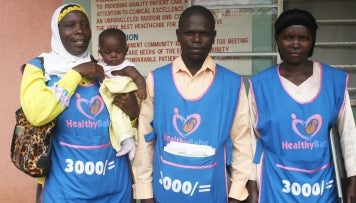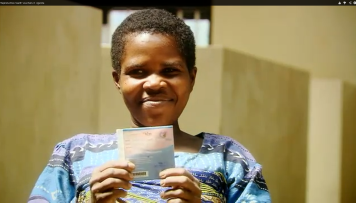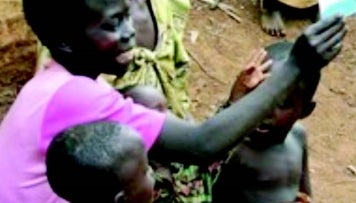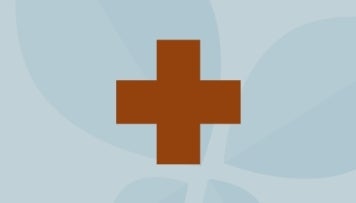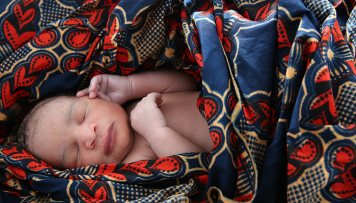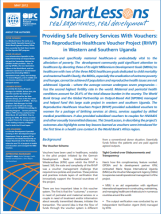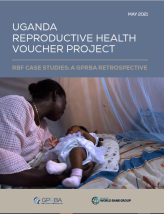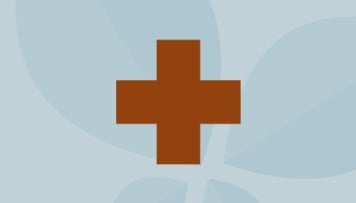
WASHINGTON, October 24, 2007– KfW Entwicklungsbank, a German government-owned development bank, yesterday signed a US$ 4.3 million grant to be administered by The World Bank, for the treatment of sexually transmitted diseases, and reduction of maternal and infant mortality amongst poor people in Uganda.
The grant is to be managed under the World Bank’s Global Partnership on Output-Based Aid (GPOBA) as a performance-based subsidy, which is designed to create incentives for efficiency and the long term success of development projects. The Output Based Aid (OBA) grant complements German cooperation funds of US$2.4 million that will develop local systems and capacity.
Following the signing, KfW’s Board member, Wolfgang Kroh said: “German financial cooperation aims at strengthening sustainable systems of social protection for the poor. Let us jointly support this new conceptual approach to pro-poor service delivery as well as to health financing under private sector participation and share the evidence with our partners globally.”
An innovative voucher program, which allows patients to choose among participating service providers, was introduced in Uganda in 2006 for patients with sexually transmitted diseases (STDs) seeking treatment. The program, funded by German financial cooperation, has shown to be successful, so that the grant signed yesterday will allow for the project to be extended by a further four years. The project extension will not only allow for more STD patients to be treated, but will also allow the provision of safe child delivery packages including 4 ante-natal visits, delivery attended by a trained medical professional and one post-natal visit.
“This is the first health project for GPOBA and it demonstrates the potential of OBA designs to contribute to the cost-effective use of public funds in the health sector. The project is a good example of the donor cooperation, working together to reach common goals. The project is results-based, and helps develop local capacity as well as the local market for private small scale medical service providers.” stated Patricia Veevers-Carter, Program Manager for GPOBA.
The two project components are expected to benefit up to 255,000 poor people in Western Uganda – 110,000 mothers and their children as well as 35,000 patients suffering from STDs. Use of local doctors and midwifes for the project will increase local capacity for providing affordable health care services for the poor. Given the output-based nature of the project, the medical service providers will only be reimbursed after service provision (the “output”). In return, the project will provide them with a secure income stream if they are able to provide quality service and attract patients.
The Global Partnership on Output-Based Aid (GPOBA) is a global partnership administered by the World Bank to develop output based aid (OBA) approaches across a variety of sectors including infrastructure, health and education. GPOBA’s current donors are the UK’s Department of International Development (DFID), the International Finance Corporation (IFC), which is a member of the World Bank Group, the Directorate-General for International Cooperation of the Dutch Ministry of Foreign Affairs (DGIS), and AusAid of Australia. The grant agreement signed yesterday was funded out of IFC’s contribution to GPOBA.
